The College Admissions process is a major event in a high schooler’s life. The decision college admissions officers make, whether a rejection or an acceptance, can impact a student’s future and career. The officers evaluate all of the information on the student application, including featured parts like the personal essay or statement, standardized test scores, overall grades, GPA, and extracurricular involvement. Although all of the factors in an application are important to the admissions process, extracurriculars are a crucial factor many colleges look for.
“I think that colleges look at you, and they see that you want to participate in things other than just going to school and that you’re engaging with your community,” senior Audrey Fletcher said. “I

(Juliet Heffley)
think all [parts of your application] are important, but they don’t want to see just your grades, because they want to see your personality and what you’re going to bring to the school that’s
unique.”
The types of out-of-school programs students participate in are vast and usually relate to the student’s current or future interests. Many activities are recognized by students and college admissions that are commonly referred to as extracurriculars, including team sports like football, focused clubs like the National Art Honor Society, and music-focused ensembles like marching band. Still, the less common activities can hold their weight in the extracurricular category.
“I would say those other extracurriculars that aren’t considered extracurriculars throughout the school [are impactful to an application], like if you’re working a job on the side, or if you’re babysitting at home, doing those different things,” college advisor Brice Wilson said. “Those schools still value those people. They think they have to put big school things on their application, but really, those schools are looking for anything you do no matter how much or how little time you put into it.”
The different extracurricular activities and the applicants’ participation in them give the college an idea of the student’s area of interest and ways this student could be involved on campus.
“I think extracurriculars can show what you’re interested in,

whether it be crocheting, or book club, or sports, so I think they tell a person [college admissions officer] who’s looking at that,” history teacher Stacy Carr said. “I think they kind of give insight into what the person is interested in.”
Participation can again tell a lot about a student, with what areas they may already be more experienced in and how that performance will affect their future environments, specifically in college. A way that I see I may be more professional in college is based on my interests and what I want to focus on. From the knowledge I’ve gained in high school I know I’m more inclined towards a specific major and field from what I’ve experienced academically, and knowing I will better succeed in that area.
“A survey of Alberta’s top corporate CEOs and members of the Legislative Assembly revealed that 78.3 percent had participated in interschool sports.” according to nfhs.org. “Nearly 80 percent indicated that being involved in school sports significantly, extensively or moderately complemented their career development and/or academic pursuits.”
Sports, however, is not just seen as having a positive benefit on students and towards their future career. Some students are involved in extracurriculars that can be more specific to their major and might benefit them in more specific ways, which is something I plan to focus more on.
“Governor’s School has helped prepare me for college through research projects and presentations that are similar to the work assigned in college,” senior Audrey Fletcher said. “I am currently
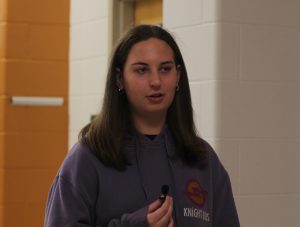
working on my final project in that class which has allowed me to be exposed to things that I am interested in majoring in college, being journalism and photography I think that colleges in Virginia know the program and that the students in it are more likely to adjust to a college but it is not something you have to do in order to succeed in college.”
The amount of time a student spends in said extracurriculars is also something the college admissions team will consider. Too many or too few extracurriculars could give some college admission officers varying opinions.
“I also think that colleges don’t want you to spread yourself too thin,” Carr said. “I think it’s better to focus and put a lot of heart and soul into a couple of things, versus trying to do too many things and then not doing much in any of them.”
Within an extracurricular a student’s work ethic can be a determinant of leadership roles. These leadership roles are important to colleges and how they might view the student, with their ability to lead, communicate, and ability to handle responsibility. These are all qualities I value deeply and I believe are also valued by many college admissions officers.
“If you’re making a deep impact, you’re really caring about it, and you’re really passionate about it, and you’re really making a difference within it, you’re getting those leadership roles within it,” Wilson said. “I think that those schools will see that, and really it will elevate your chances and them seeing your character and seeing you throughout.”
Some high schoolers hold the weight of academic achievement more important to them, and something more focused on their future; however, extracurriculars are still an overall factor. Depending on what the student feels has more of an impact is what they should prioritize, and is what I prioritize as well, for me it would be more academic because that’s more what I feel will benefit my future.
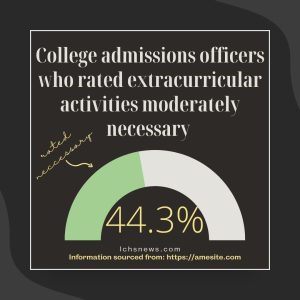
(Juliet Heffley)
“According to Princeton Review, your GPA is the single most influential factor that any college will consider, and for schools that consider standardized test scores, those typically rank second in importance.” as referred to in amesite.com. “According to the
National Association for College Admission Counseling (NACAC), 44.3 percent of college admissions officers rated extracurricular activities moderately necessary, especially at more selective institutions.”
A combination of focusing on academics and involving oneself in the community through extracurriculars is beneficial to a high schooler’s college application. This combination shows one’s effort throughout their high school career. It provides the effect one may have on the college they have applied, and through extracurriculars, college admission officers can see more of how the student impacted their community through their time in high school.
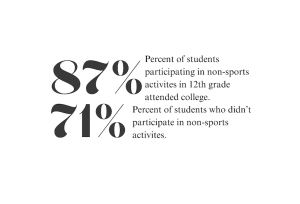
“In addition, 87% of students participating in non-sports activities in 12th grade attended college,” as sourced from Ohio State News. “compared to 71% of those who didn’t participate. They were also more likely to attend 4-year schools and more selective colleges.”
As I prepare to submit college applications next year, I am making sure I can make as much of an impact in the clubs and extracurriculars I’m in to fully show the colleges I plan on applying to and the impact I can make on similar programs. I am also prioritizing my grades to show colleges that I can multi-task and focus on different tasks at once.
“It depends on the school. However, with the holistic review, schools are starting to stop caring as much about the GPA and test scores,” Wilson said. “However, I will say that is still a factor. Get those good grades but, as well as that, make sure you’re in those extracurricular activities and getting those leadership positions to make sure that you can kind of show your character throughout your whole resume, and not just have a grade or a test score to be who you are but show who you are throughout other things.”


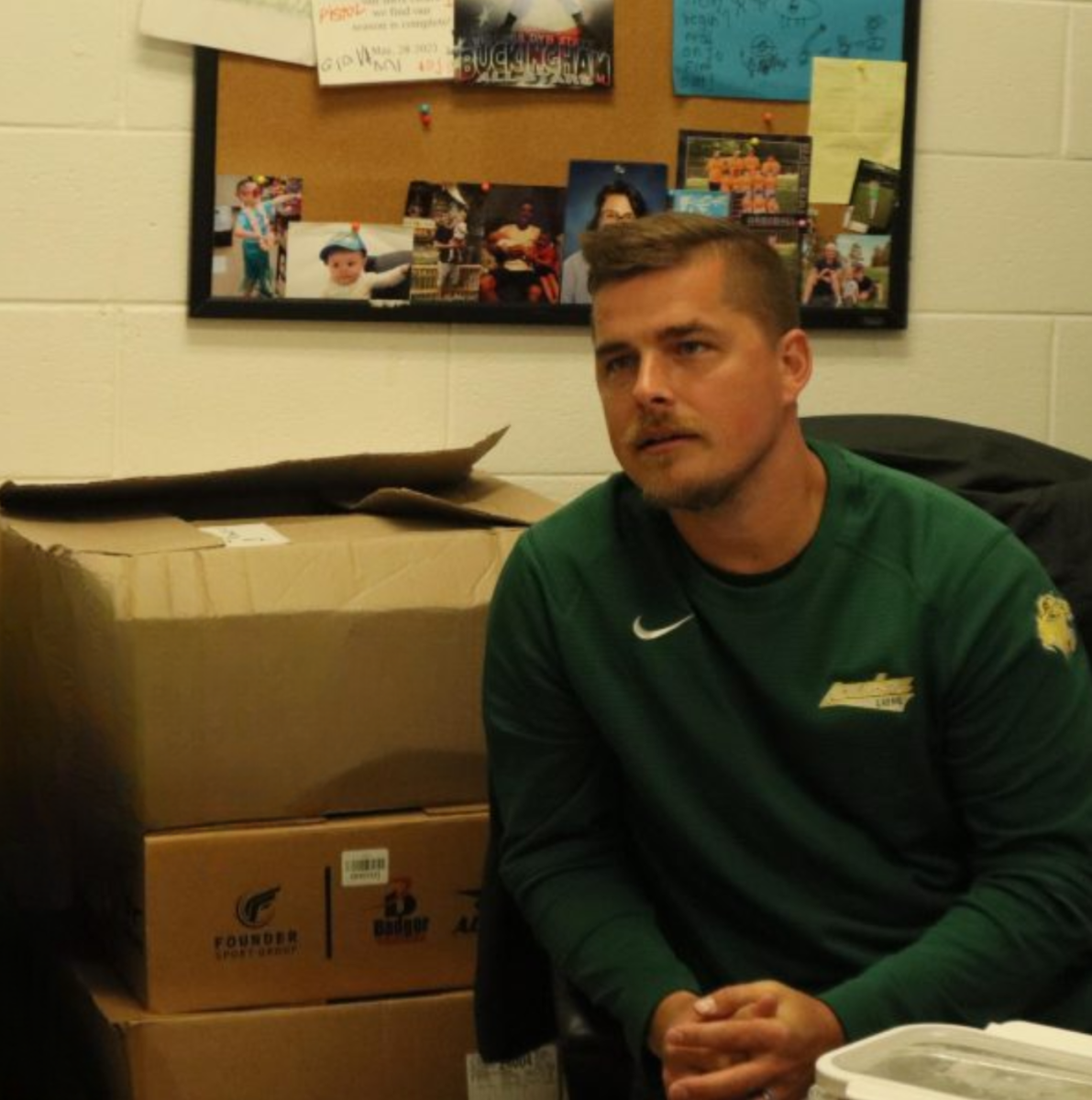




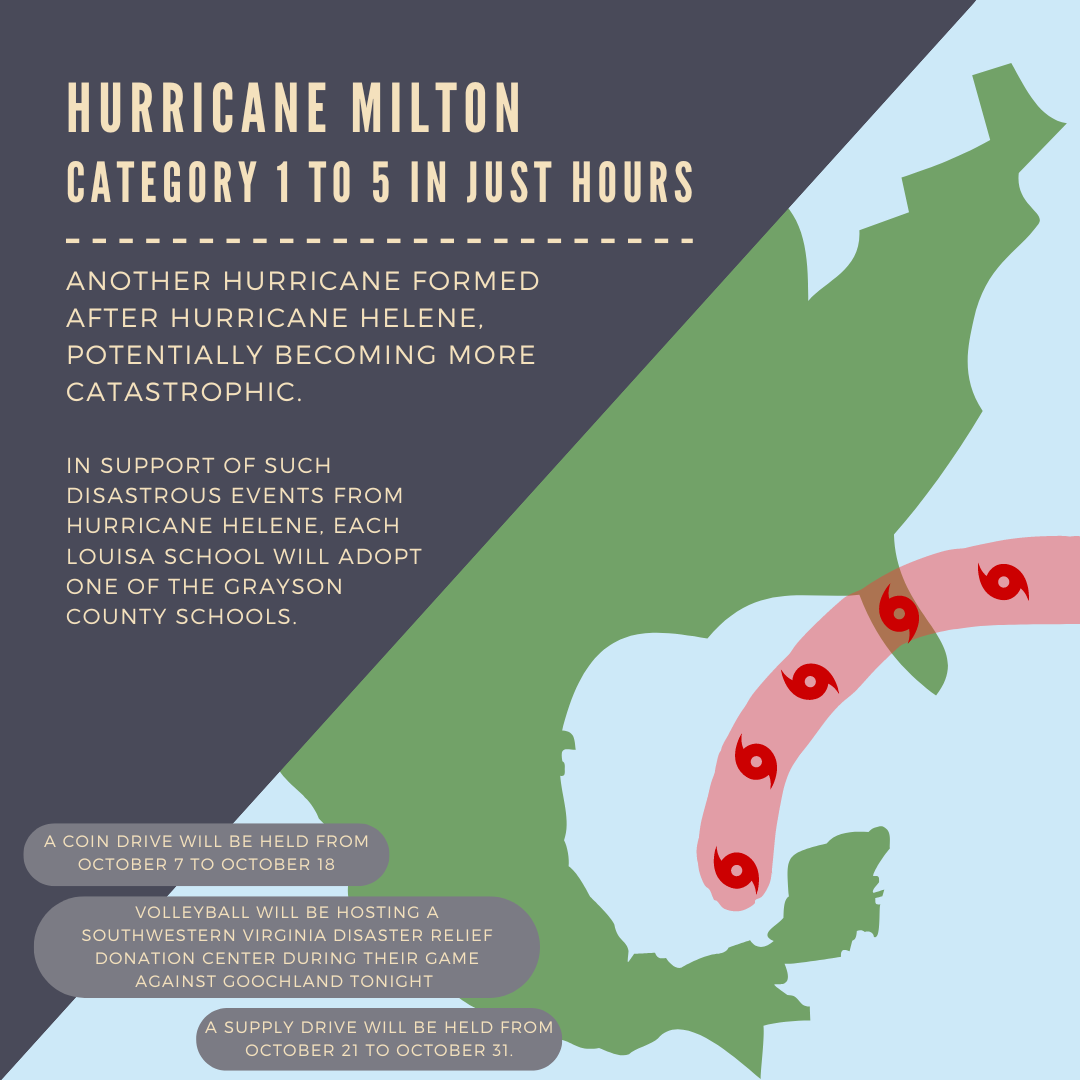


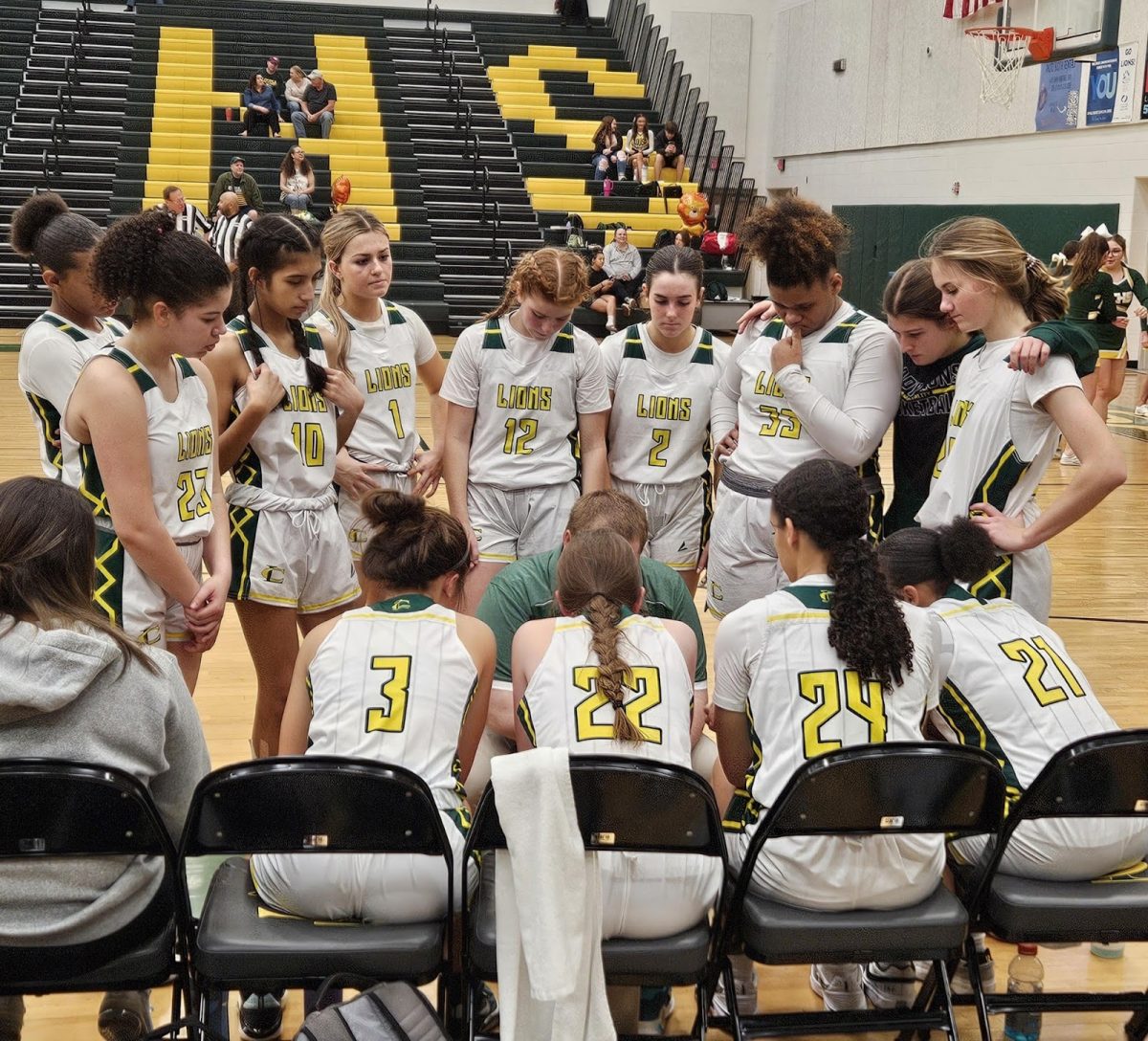

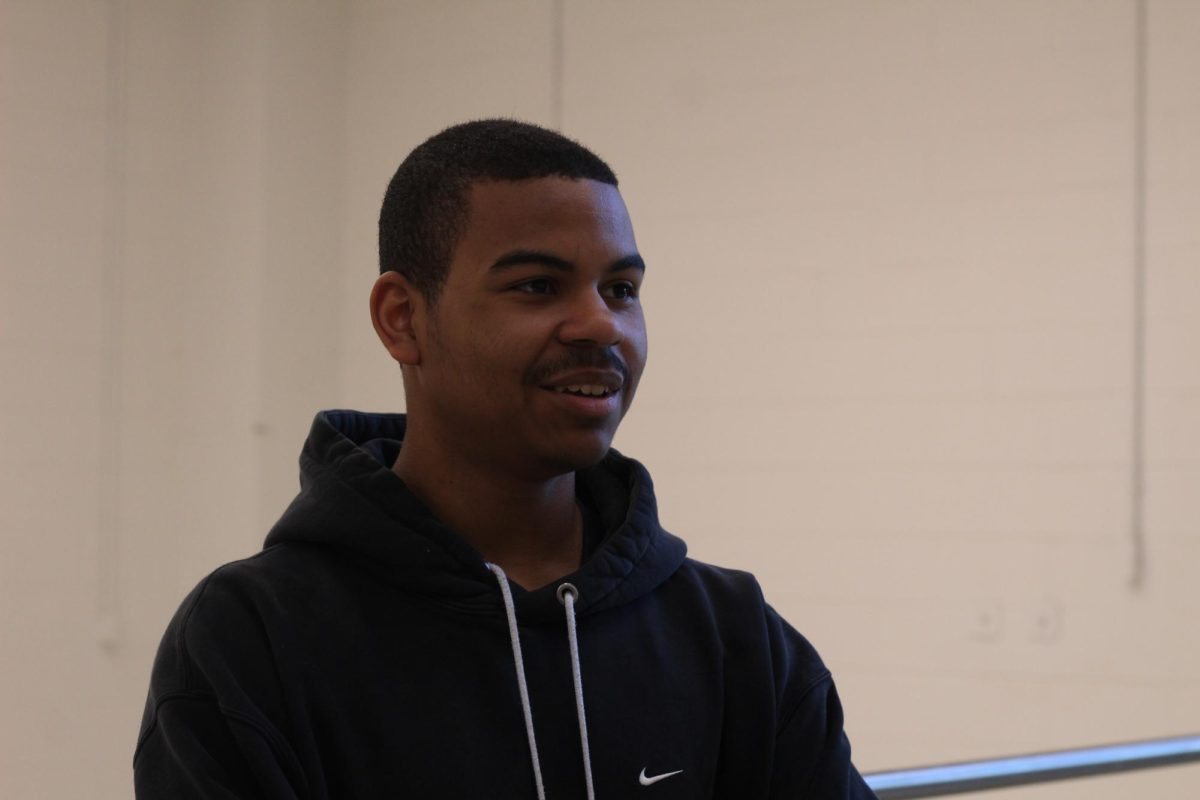
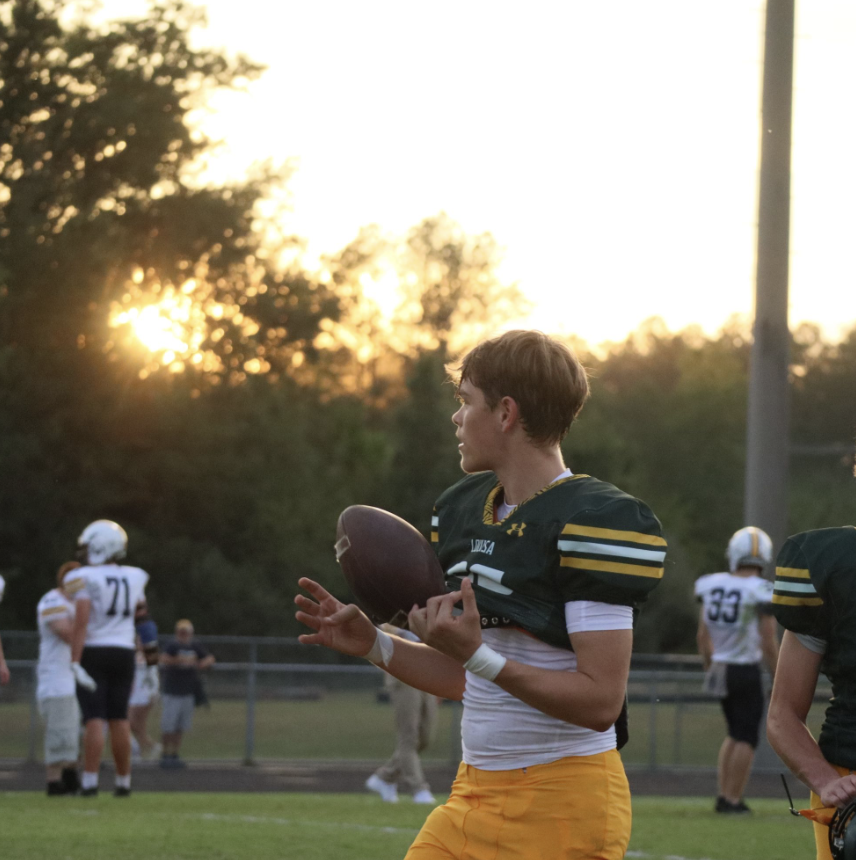
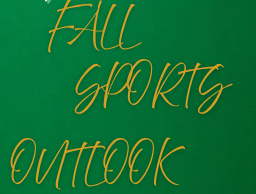








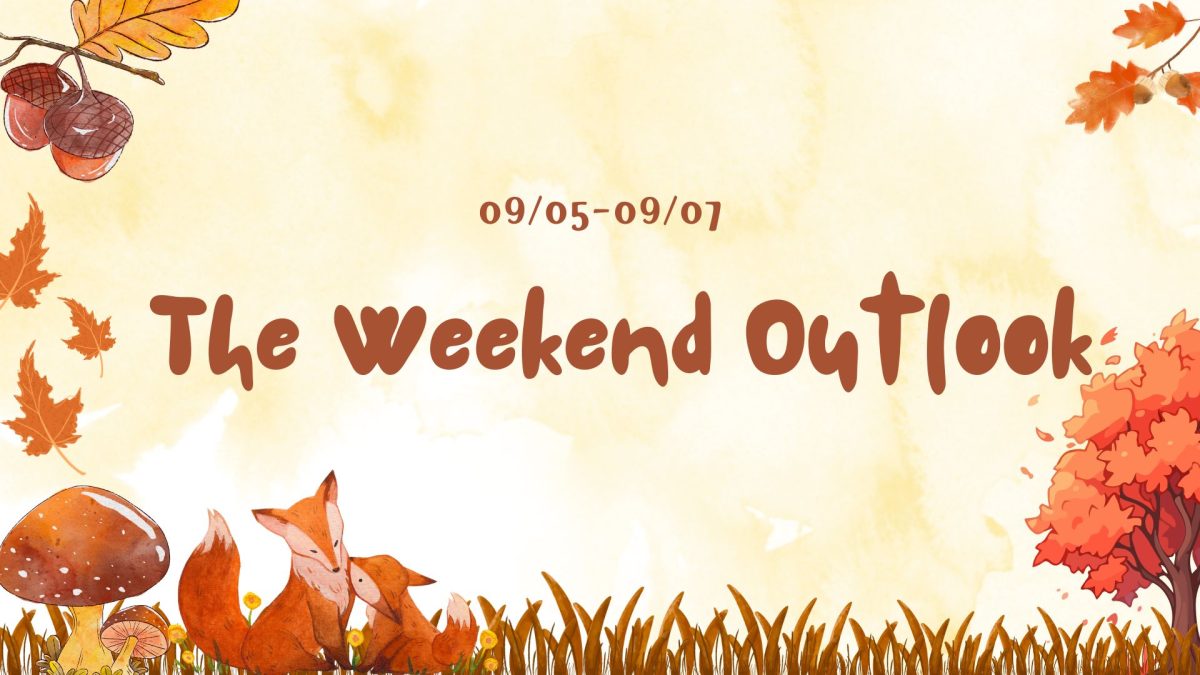
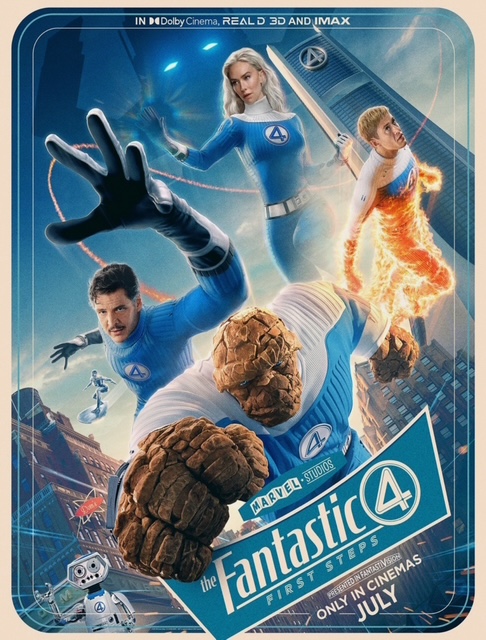
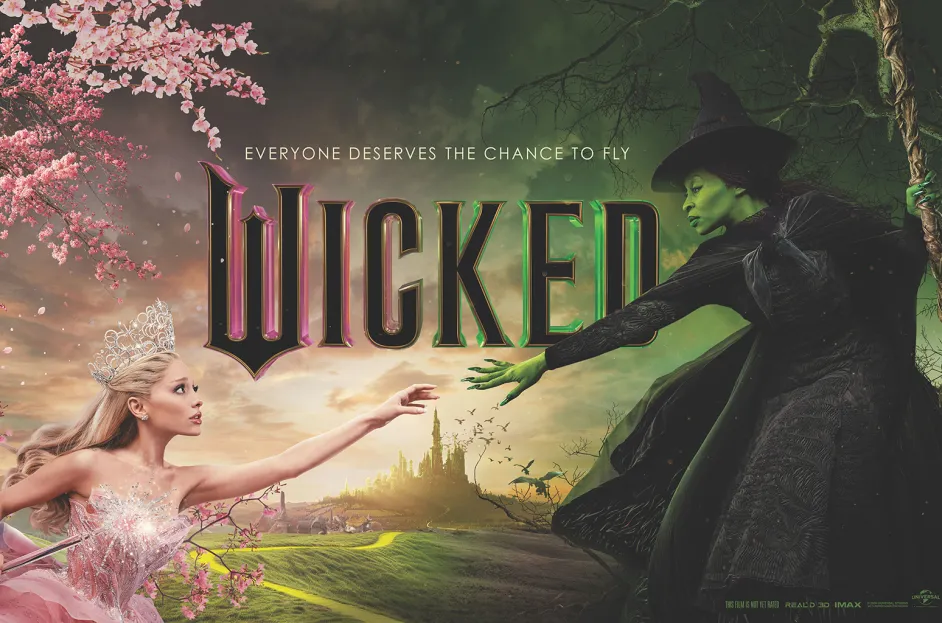







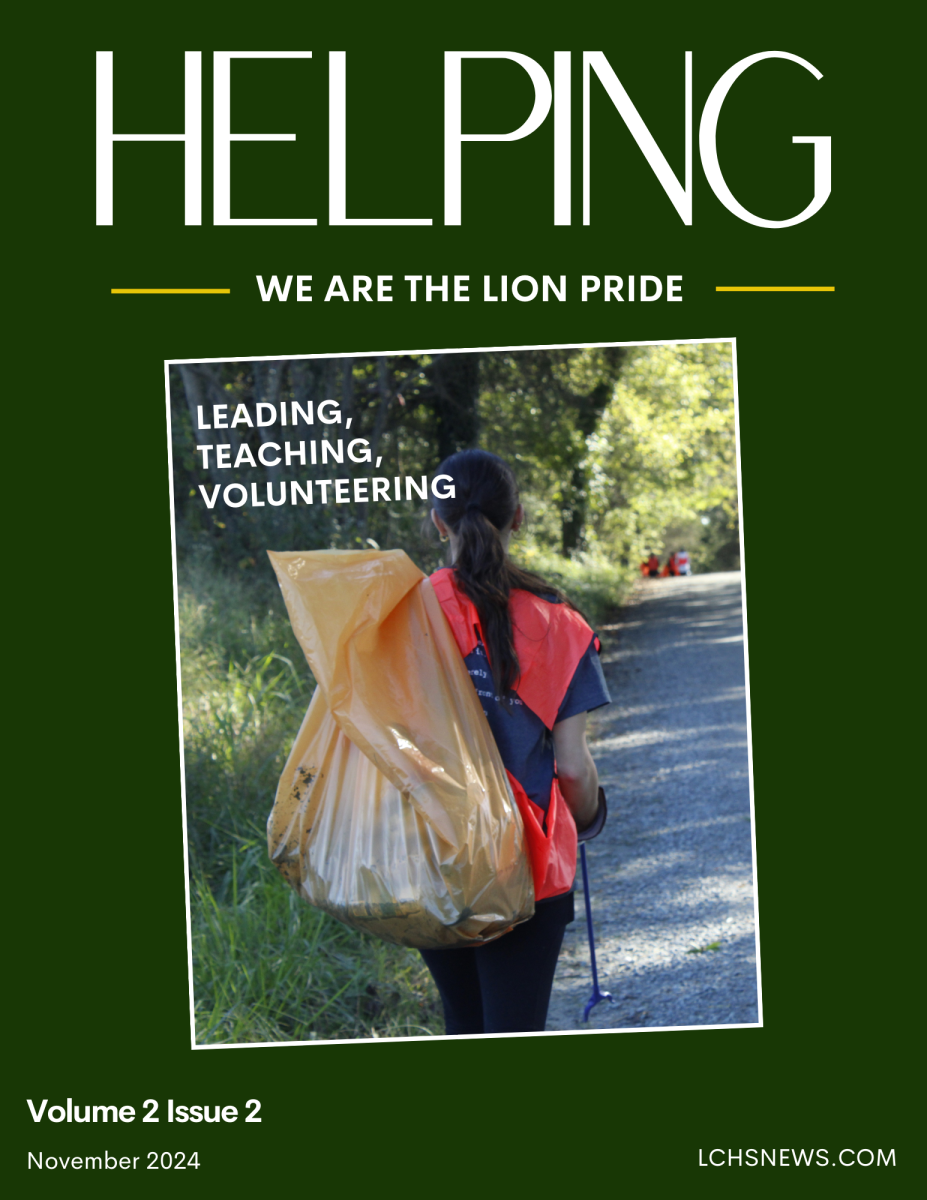
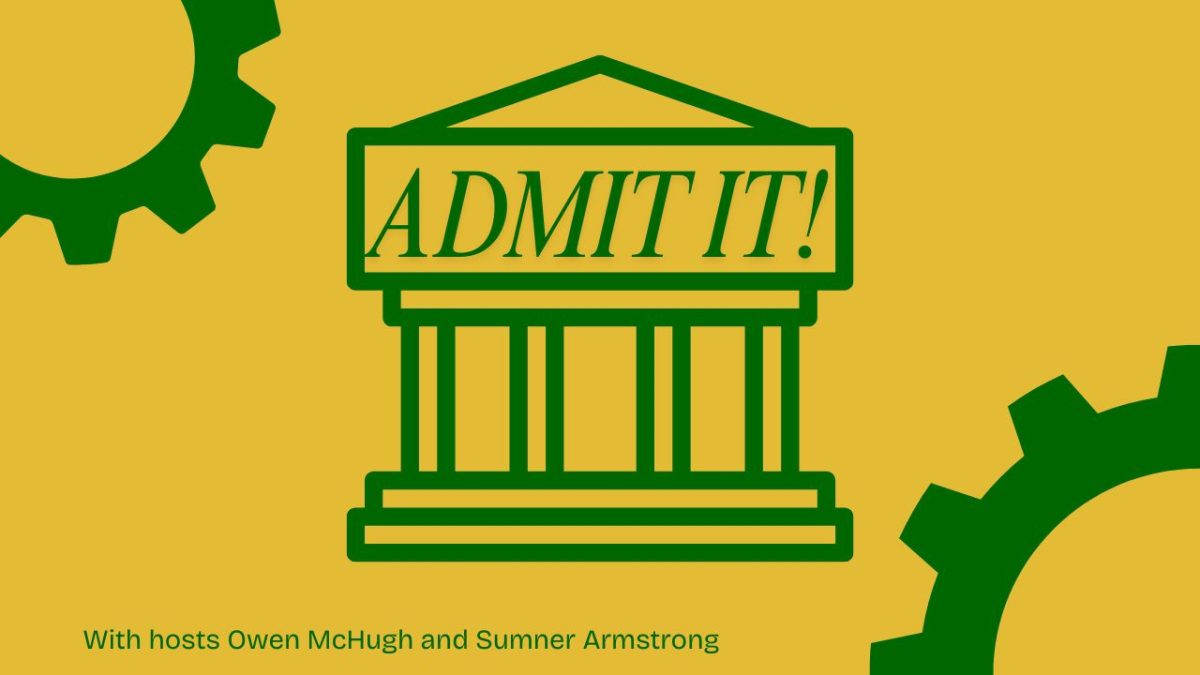




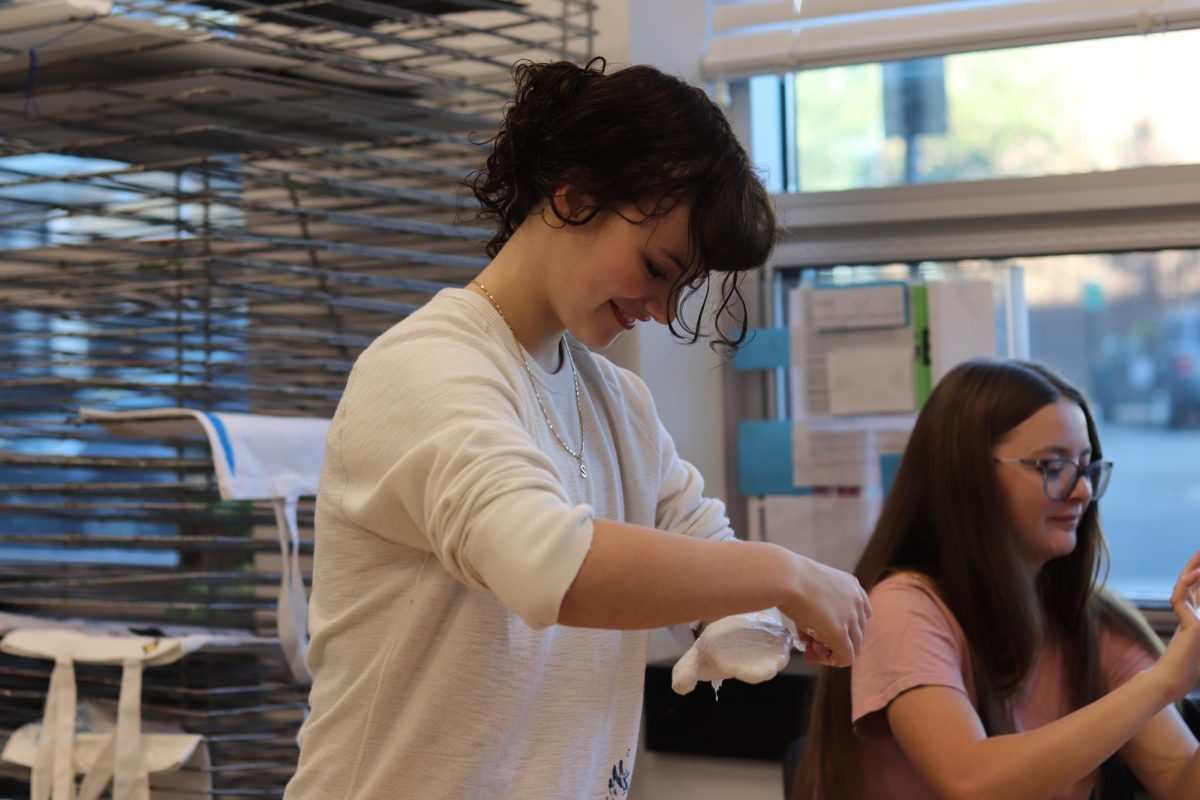
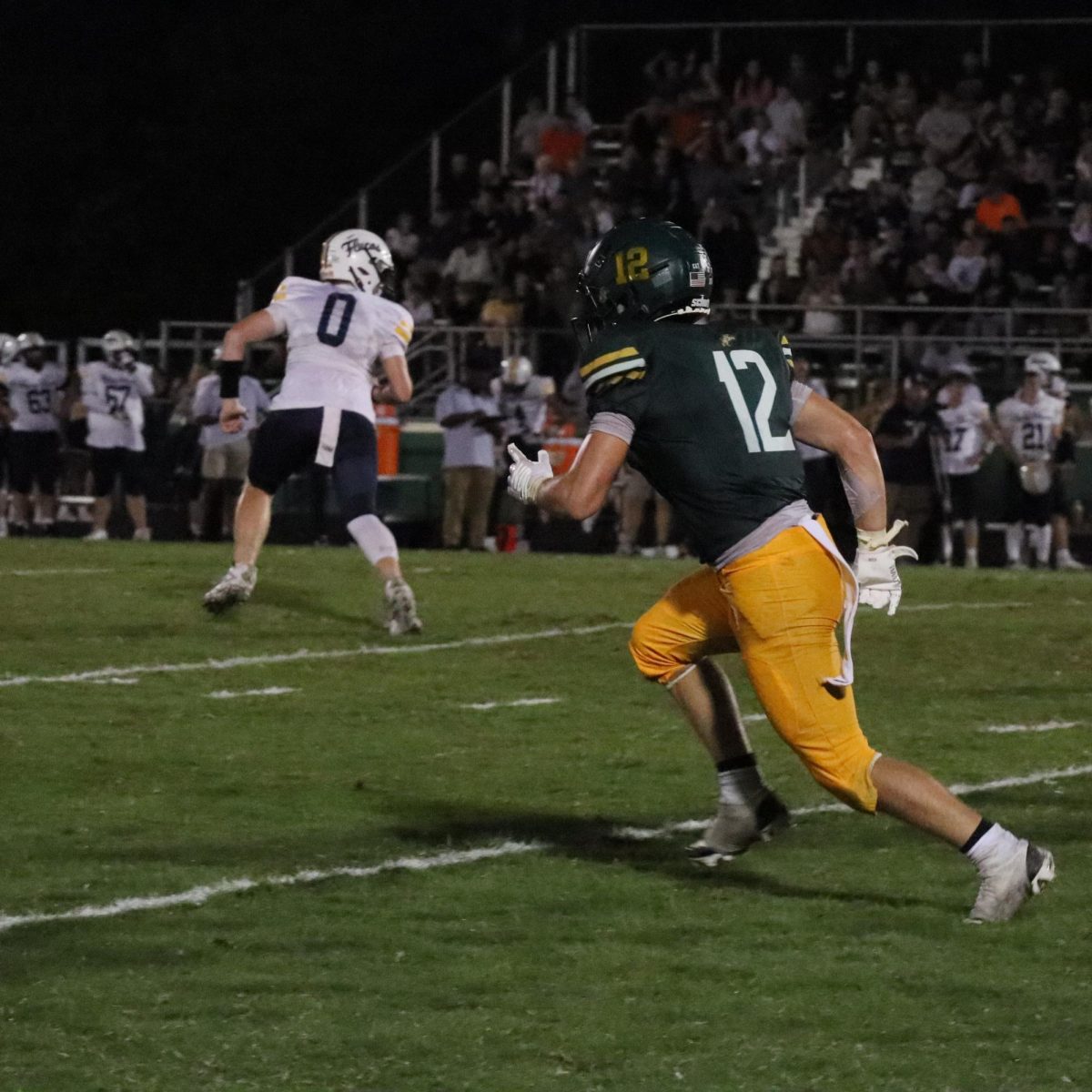
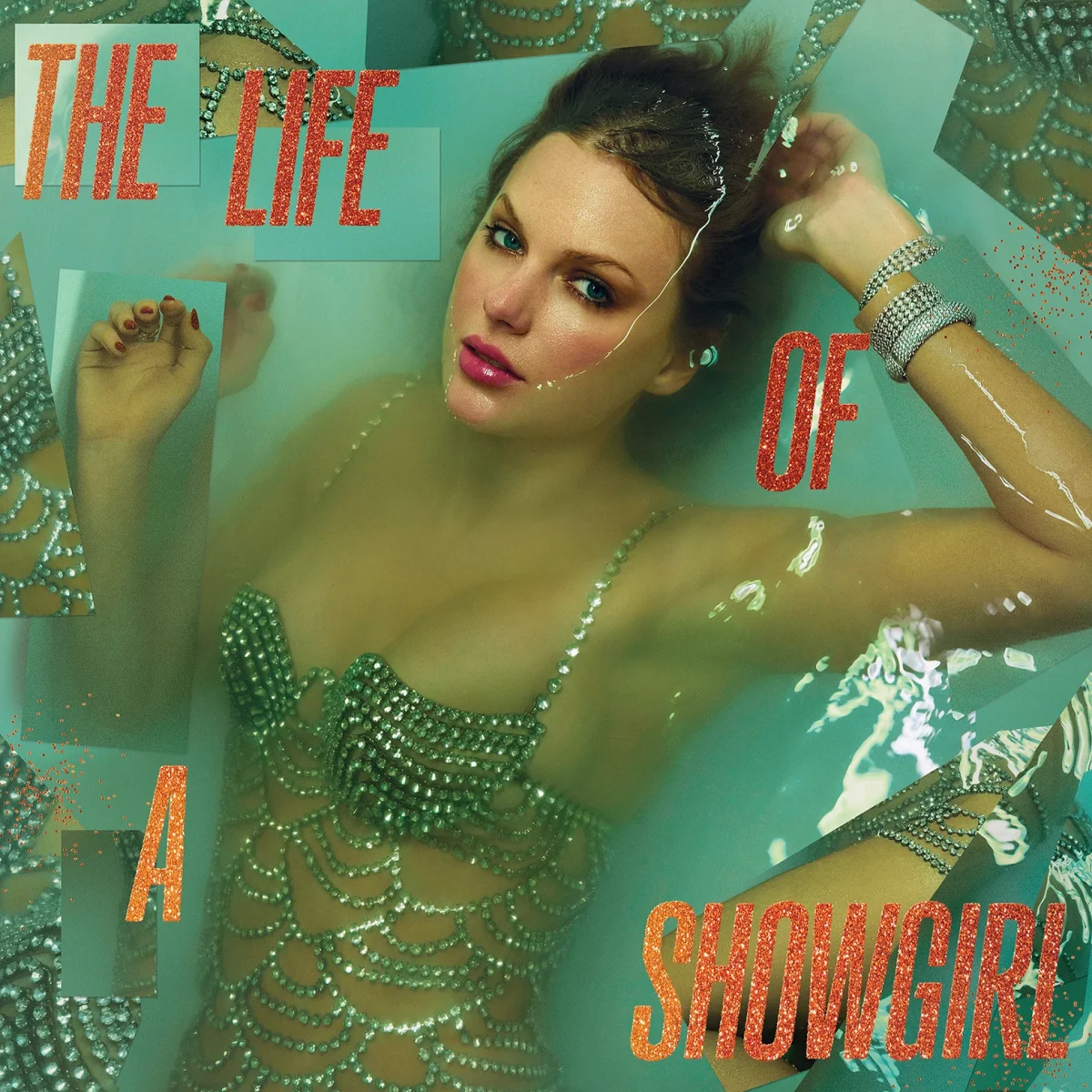
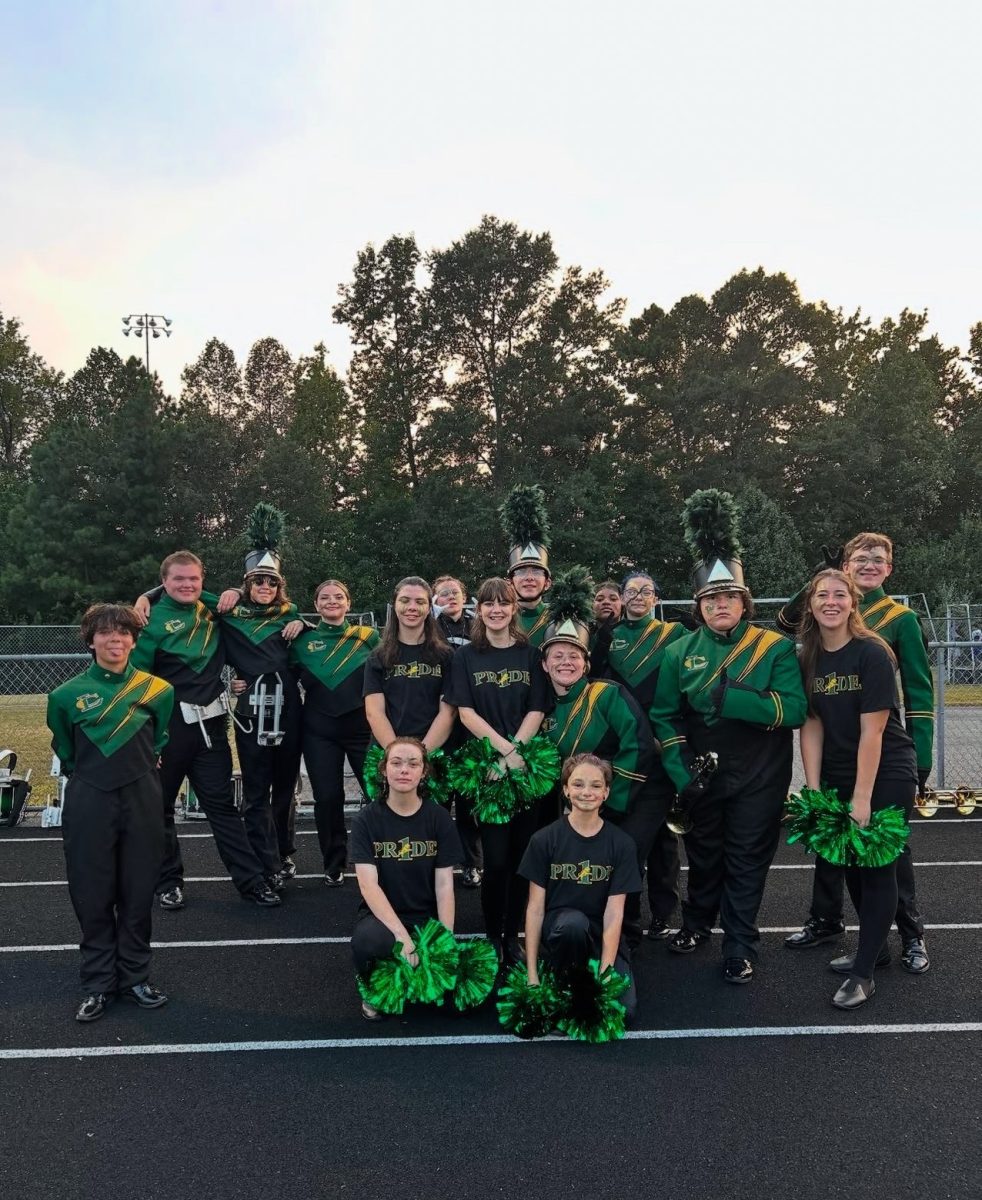

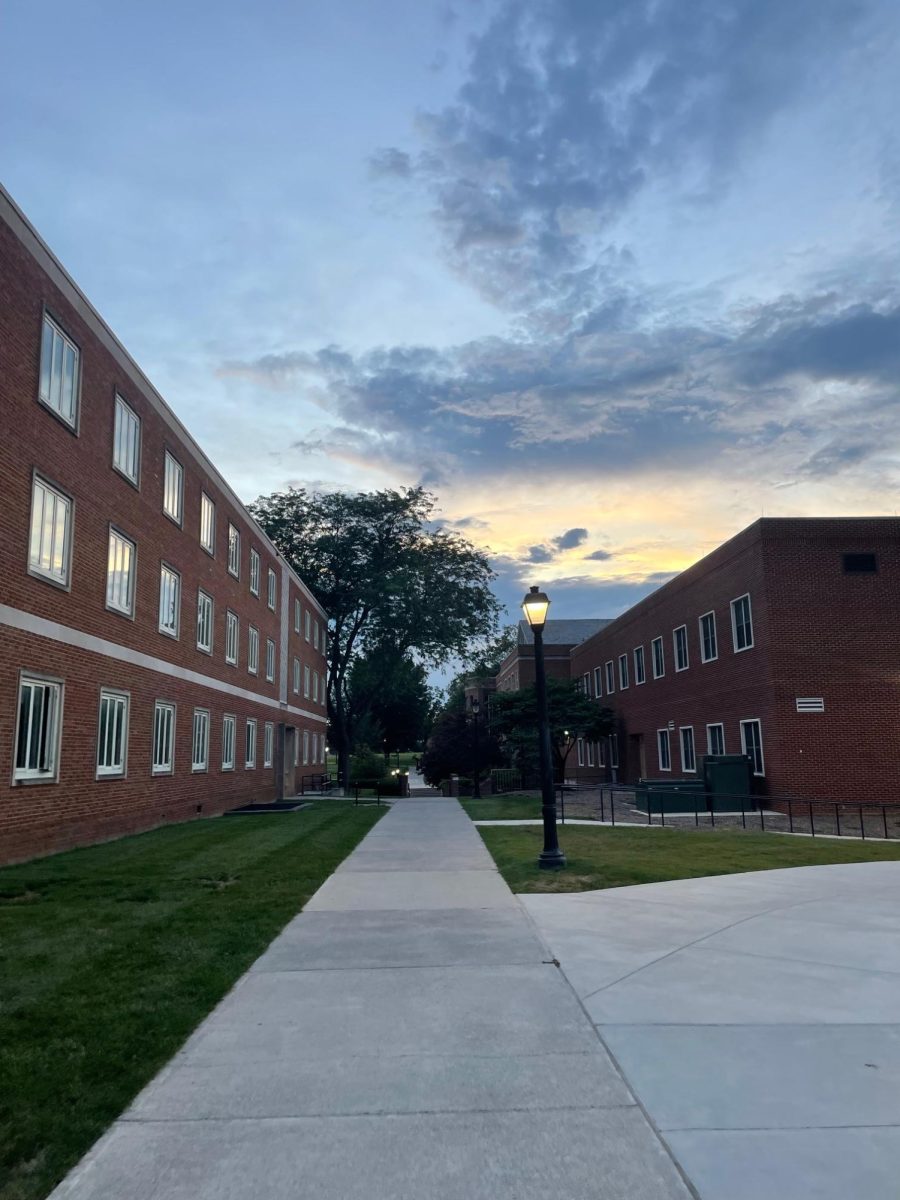




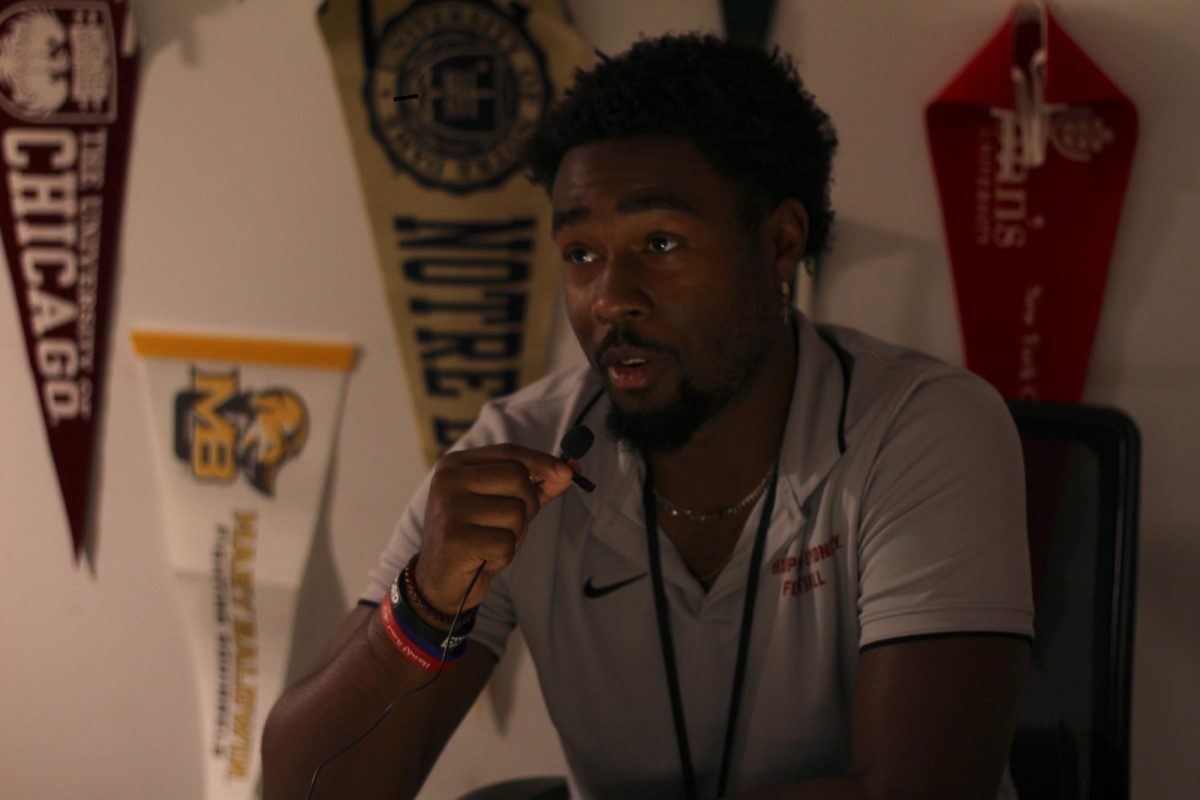
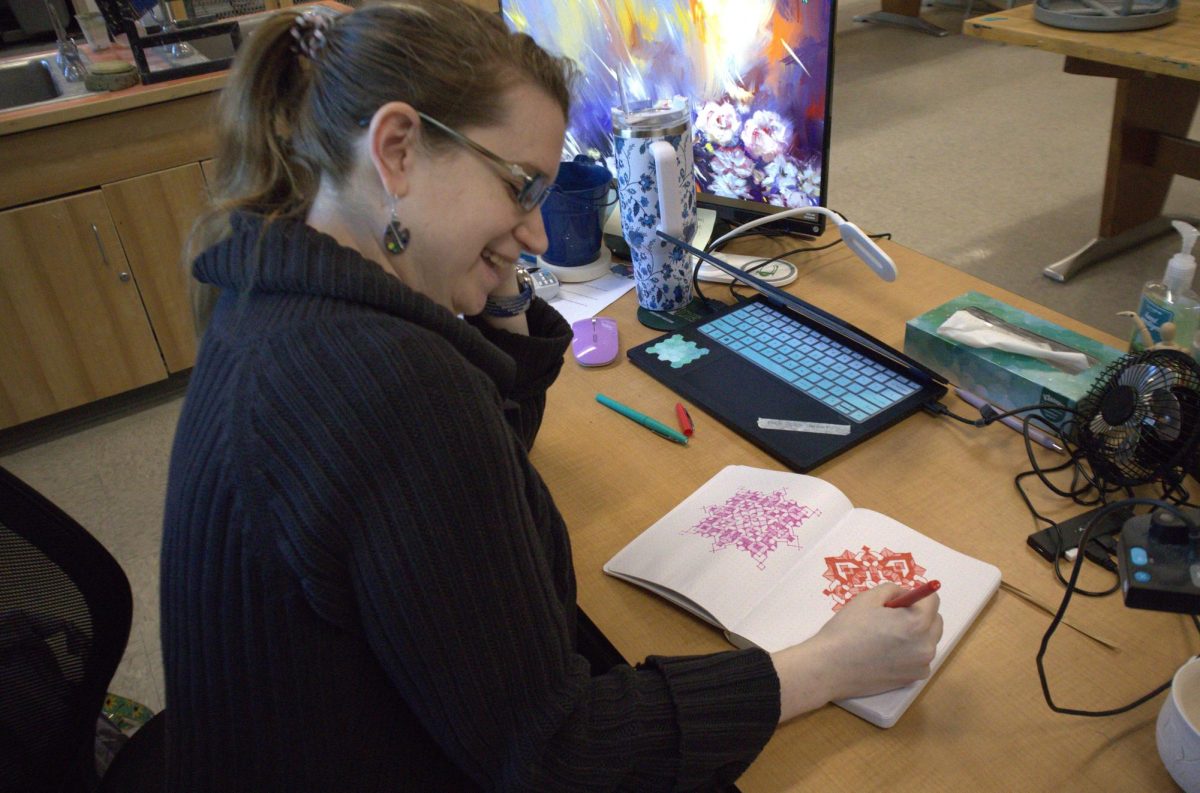
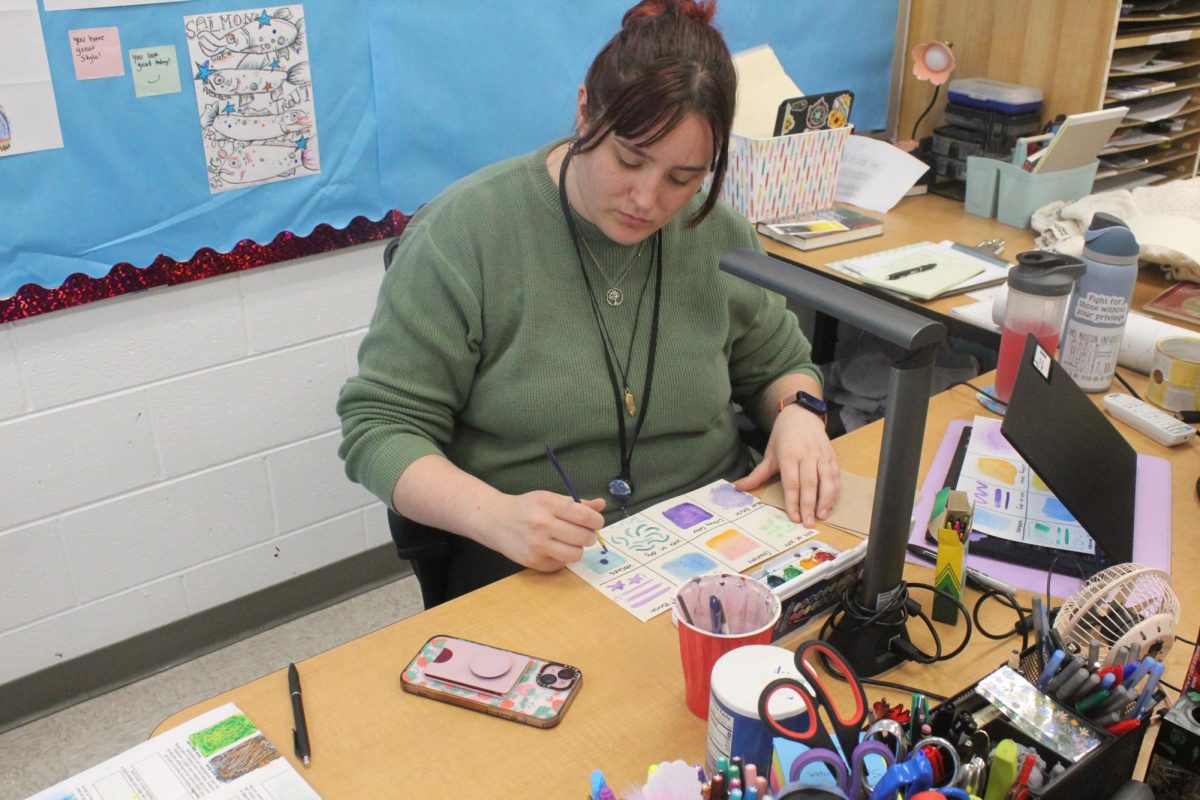





Scout • Nov 22, 2024 at 10:09 am
What type of extracurriculars make the most impact? There are plenty to choose from, like community based, hobbyist, personal, education based, etc. Maybe a mix of all?
Juliet Heffley • Dec 4, 2024 at 8:59 am
Every extracurricular has an impact, it is mostly based upon what you want to do in the future and what you prioritize. All extracurriculars hold a certain weight to the process, so I would say it’s what you find important. Thank you for the comment!